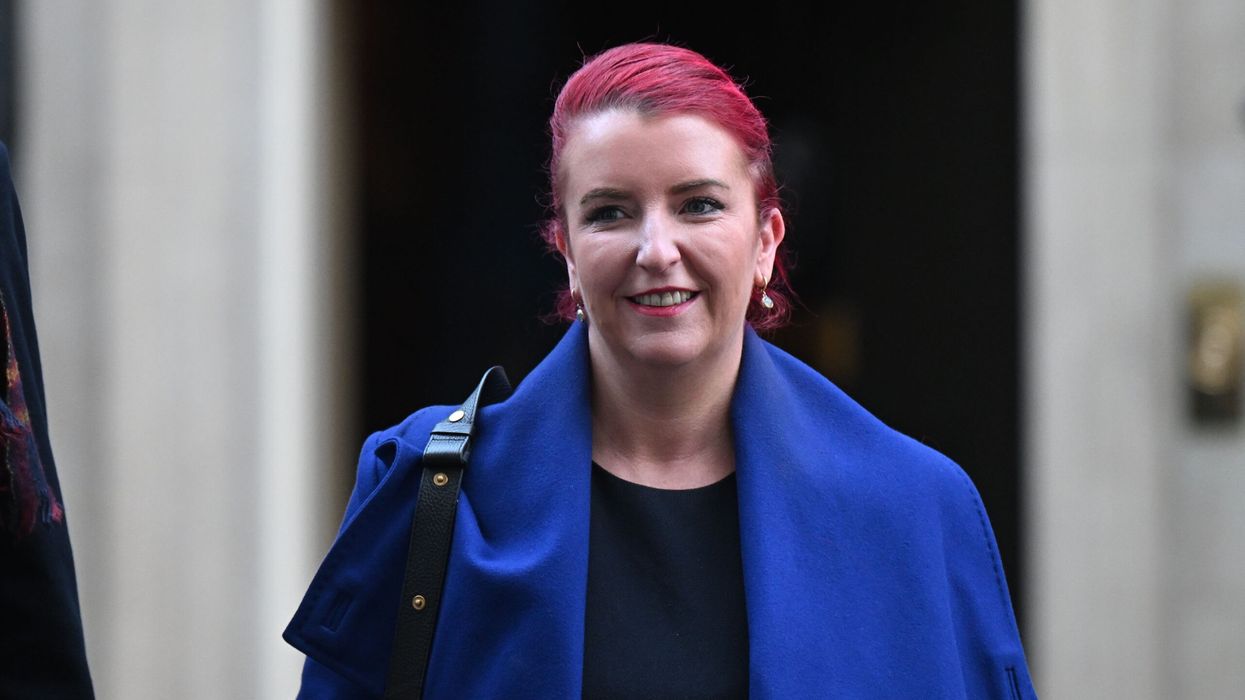LOUISE HAIGH resigned as the transport secretary on Friday after admitting to a past criminal offence committed before her time as a member of parliament.
Her resignation marks the first by a cabinet minister under Keir Starmer's Labour government since the party won the general election in July.
The decision came after reports on Thursday revealed that Haigh had pleaded guilty in 2014 to providing false information to police.
In 2013, she incorrectly reported her work mobile phone as stolen during a mugging but later found the device and failed to notify authorities.
Media outlets said she admitted to a fraud charge in court and was subsequently discharged without further action.
In a resignation letter released by Downing Street, Haigh, 37, stated she did not want to become a distraction for the government.
"I remain totally committed to our political project, but I now believe it will be best served by my supporting you from outside government," she wrote.
Starmer thanked Haigh for her contributions, particularly in advancing plans to return the country's railways to public ownership. "She made huge strides" in this area, Starmer noted.
Haigh had been overseeing the contentious HS2 high-speed rail project, which faced setbacks after key sections were cancelled by the previous Conservative government due to cost concerns. She also led efforts to renationalise struggling rail services, a policy approved by parliament last week.
Starmer's administration previously saw the departure of his chief of staff, Sue Gray, in October following significant media attention on her appointment.
(With inputs from AFP)




